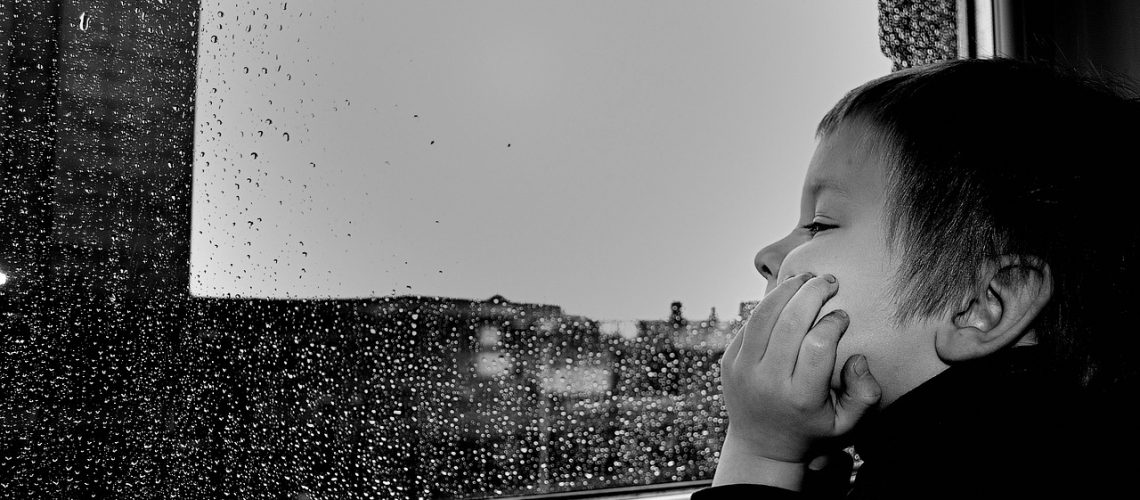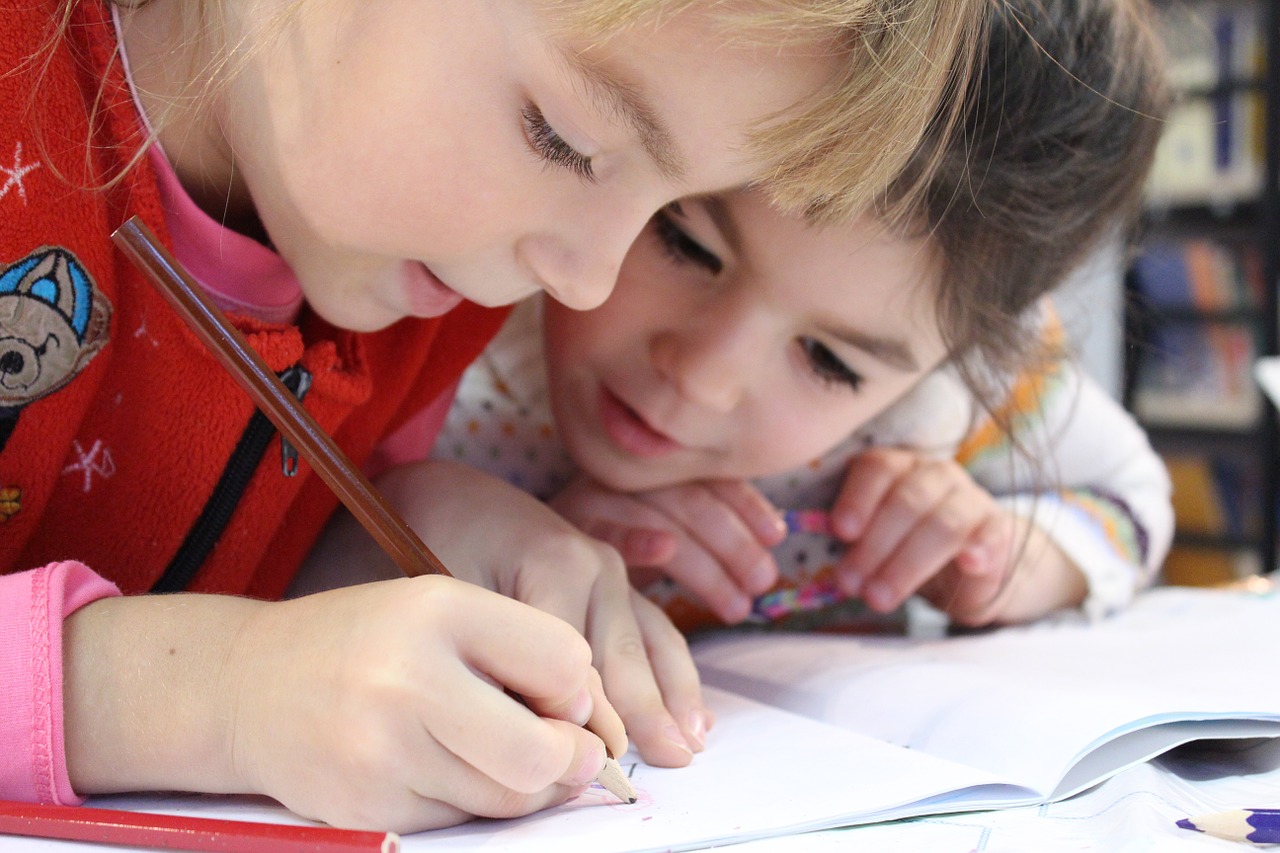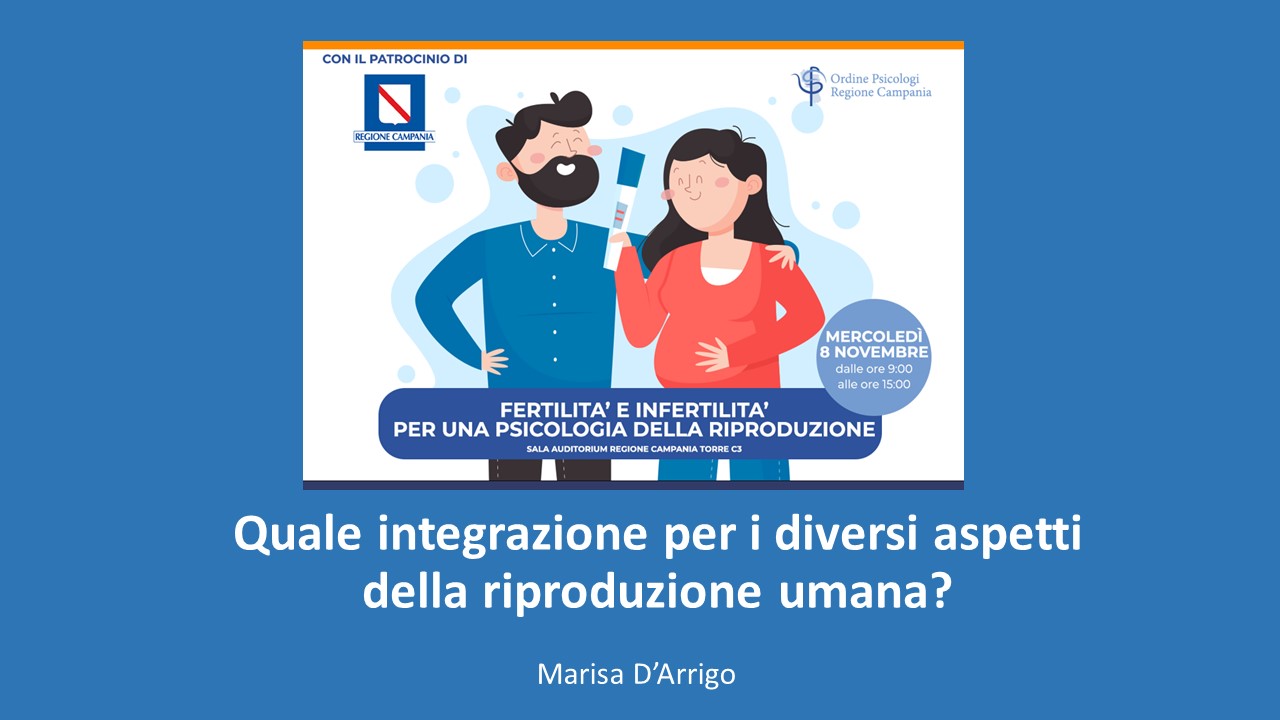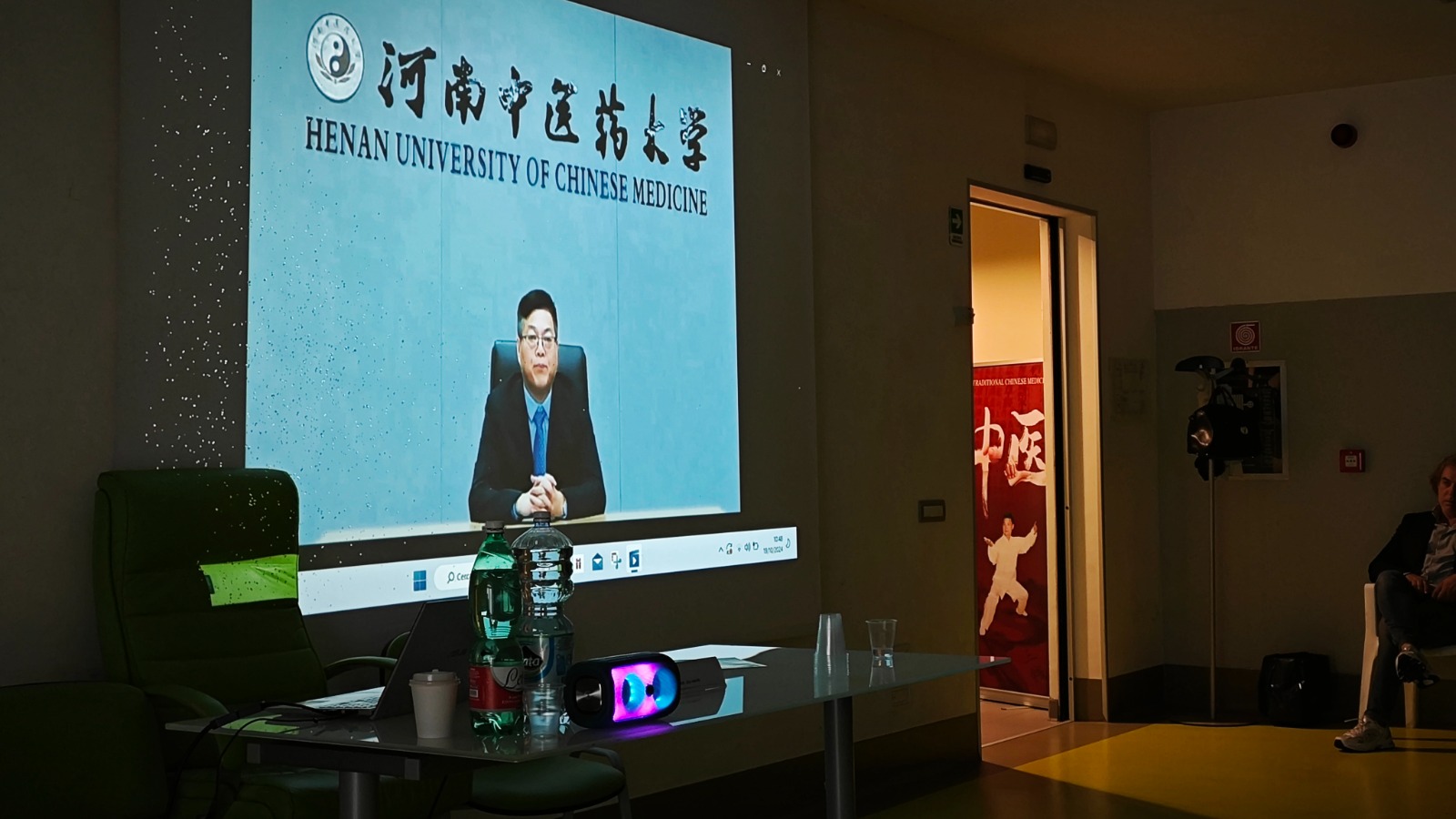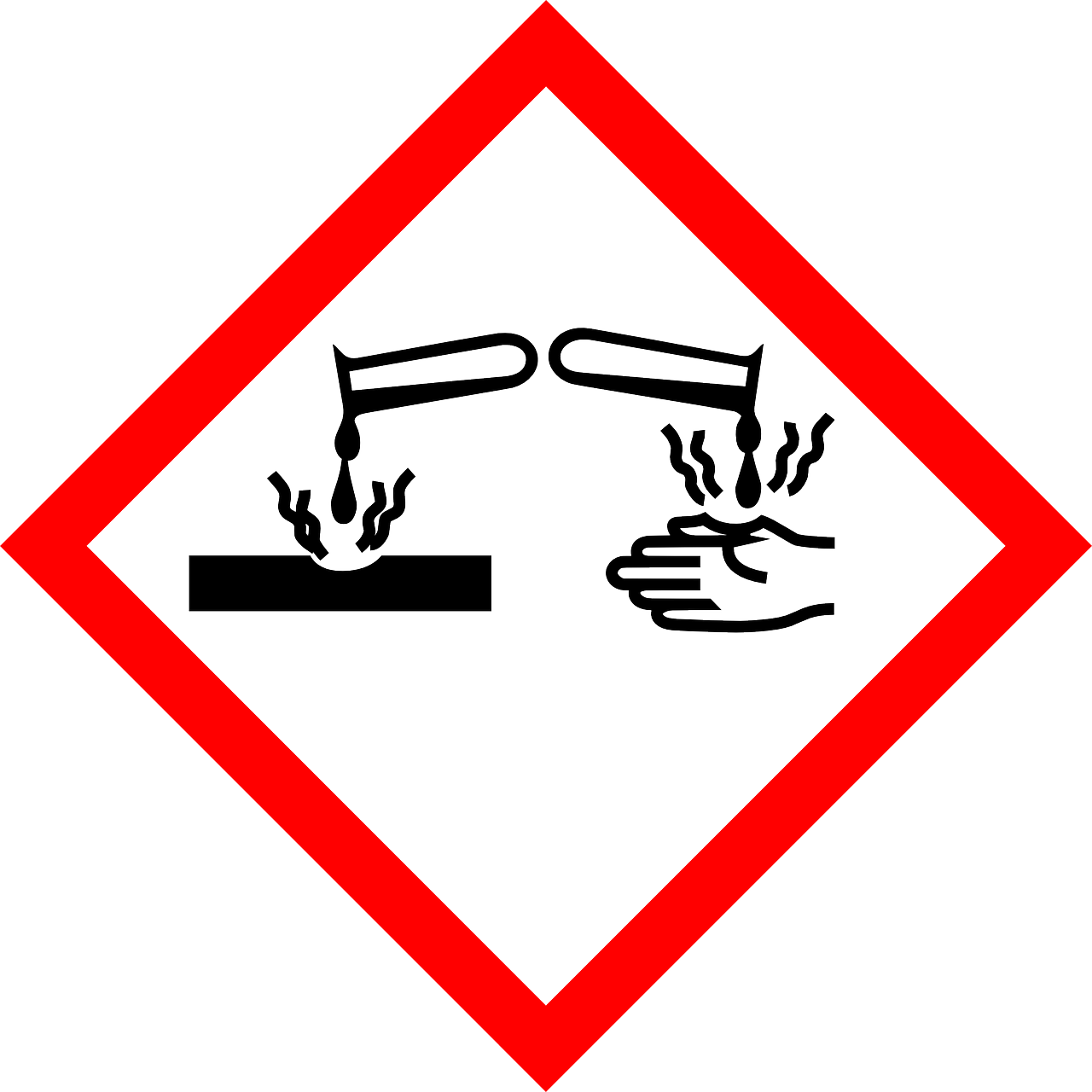Our lives (and those of our children) seem to respond to a kind of categorical imperative“no boredom.” We are constantly seeking new stimulation and our lifestyle has outlawed downtime and empty space. This dimension, already problematic for adults, is infinitely more so for children because it runs the risk of preventing the development of a number of structuring functions of psychic organization.
The positive side of boredom
When a child is bored, that is, when he or she experiences a moment of absence of stimulation from outside (whether it is someone to play with or a new game or whatsApp contact), he or she definitely feels lost and without an anchor (in fact, he or she usually becomes whiny and….just boring). But it is only from this condition of emptiness that he can draw on himself, his resources and in particular his imagination. This means not only activating one’s creativity, that is, the ability to create parallel universes within which to move and build paths of play and imagination, but it also means acquiring self-regulation skills (understood as self-consolation, tolerance and overcoming frustration).
I think they are part of every adult’s memory of those long summer afternoons in which, not knowing what to do, one would wearily dawdle until one’s attention was caught by some hitherto insignificant object or by the line of ants proceeding up the wall or by the figures in a publication. A spark had been ignited made of imagination, observation, curiosity. Experiencing that you can do it, that you can create for yourself a hook of interest and attention, means freeing yourself from a condition of dependence on a reality that seems to have to constantly offer new and greater stimuli (more and more games, more and more lights, more and more sounds, etc.).
Certainly it is the responsibility of parents and educators in general stimulate children, provide them with opportunities for experiences, learning and fun, but this not only cannot be done seamlessly but should also be limited to drawing the lines, leaving children to define and invent the content . Giving an idea, an impetus, a rule but not organizing time, play or relationship. They do not need to be busy all the time.
One would be inclined to say “Ode to Boredom.” Let them be bored, dangle and be a bit boring, observe them, e will find that they have unhoped-for resources. We will give them an ability that will be theirs forever.





